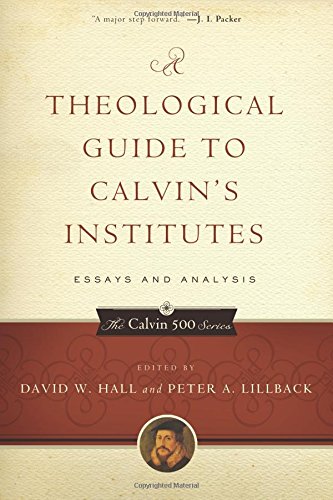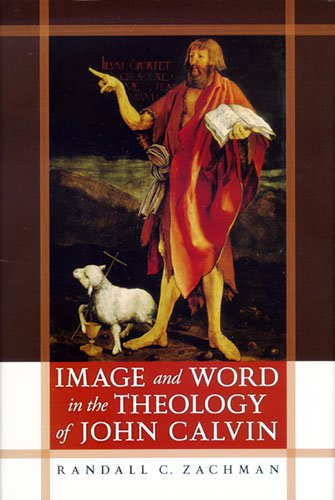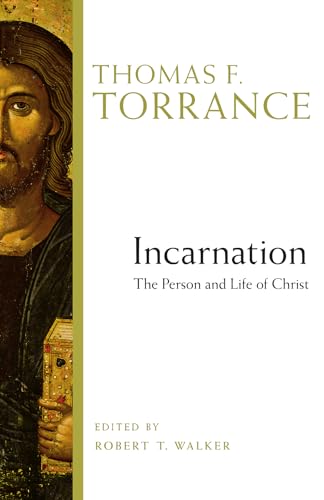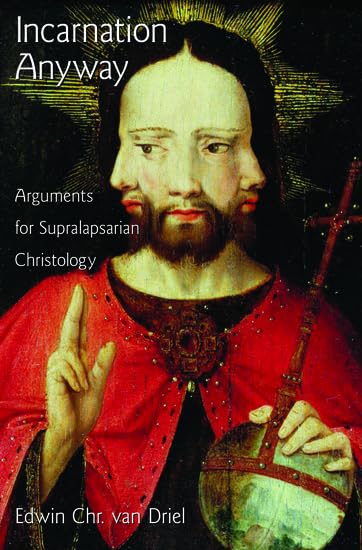Barth’s Theology of Interpretation
Written by Donald Wood Reviewed By Dustin ReschThe volume of literature devoted to hermeneutical theory has grown exponentially over the past several decades. In a milieu so fascinated with methodological questions, the writings of Karl Barth sit rather uncomfortably. On the one hand, few other theologians have provided an oeuvre so thoroughly engaged in the exegesis of Holy Scripture. On the other hand, Barth provided precious little exposition of his specific interpretive method, giving priority instead to exegesis itself. Accordingly, much North American scholarship on Barth’s hermeneutics has proceeded by way of a close analysis of the way in which he actually used Scripture in the formation of his theology. Such an approach proved to be highly rewarding theologically, though somewhat one-sided. By focusing on Barth’s explicit hermeneutical reflections, Richard Burnett’s landmark work, Karl Barth’s Theological Exegesis: The Hermeneutical Principles of the Römerbrief Period (WUNT; Tübingen: Mohr Siebeck, 2001), made great strides in shattering the notion that Barth simply went about his exegetical work in an unreflective manner; he was, instead, well aware of the German hermeneutical tradition bequeathed to him. However, what Burnett left under-developed was the broader doctrinal framework in which Barth located the task of biblical interpretation. It is this framework that Donald Wood aims to elucidate. In so doing, Wood hopes to delineate the theological (and spiritual) posture that Barth prescribed for the interpretation of Scripture and, thus, to understand something of the reason for the discomfort that accompanies Barth’s position in modern hermeneutical theory.
Wood unfolds his exposition of Barth as follows. In the first chapter, he examines closely representative texts dating from Barth’s formal break with Protestant liberalism in 1917, a selection of his lectures on figures and documents in the Reformed tradition, and his first attempt at Reformed dogmatics. In these materials, Wood notes how Barth viewed the biblical text in “active terms,” as an instrument taken up by God in his self-revelation and endowed with a freedom and authority corresponding to God’s own (p. xii). Of particular importance for this chapter is Wood’s exposition of how Barth deployed the Pauline idea (based on Rom 4) that the unity of history is based on God’s action in Christ.
In the second chapter, Wood focuses on Barth’s lectures on Protestant theology in the nineteenth century, particularly the introductory lecture in which Barth describes his understanding of the task of historical theology and the proper approach to its study. The use that Wood makes of these lectures is twofold: he derives from them clues as to how Barth understood the dominant trends of interpretive theory in modernity and, more importantly, he tries to catch a glimpse of how Barth viewed the interpretive posture he derived from Scripture to be generally applicable to other historical texts.
In the third chapter, Wood exposits the literary and theological context of Die kirkliche Dogmatik, volume one, in which Barth set out his most sustained comments on the interpretation of Scripture. This exposition involves Wood in articulating the hermeneutical function of the doctrines of the Trinity, incarnation, and revelation in his prolegomena. Wood rightly views Barth’s exposition of the Word of God as a re-articulation of the Reformed Scripture-principle in relation to the opposing views of Scripture expressed in liberal Protestantism and Roman Catholicism. Of particular importance in this chapter is Wood’s reading of Barth’s explicitly Protestant recasting of the doctrines of canon and tradition in response to Roman Catholic critiques.
In the final chapter, Wood continues his investigation of Die kirkliche Dogmatik by focusing on Barth’s doctrine of Scripture proper. Wood draws from Barth’s description of Scripture as witness to revelation further nuances to the manner in which Scripture is to be interpreted and the appropriate character of Scripture’s readers. Here Wood focuses on what it means for Barth to prescribe that Scripture is to be interpreted by the Church in obedience to the authority of Christ.
Wood has provided a concise and analytical exposition of the theological themes that come to bear on Barth’s understanding of the interpretation of Scripture. Of particular helpfulness is the relationship that Wood highlights between Barth’s developing view of biblical interpretation and his work as a historical theologian; both sorts of work are of a theological piece in the way that the doctrine of justification comes to bear on them. Justification reminds the reader that he is a sinner who is nonetheless forgiven by divine grace and that the authors of the texts he reads are likewise united with him under the same judgment of grace. Where Wood’s study is perhaps limited, as one would expect with the publication of a doctoral dissertation, is in its scope. As important as the historical lectures are for understanding Barth’s theology of interpretation, the methodological omission of Barth’s exegetical texts from the same period is quite glaring. As Wood himself agrees, the making available of Barth’s early exegetical lectures will allow the topic of Barth’s theology of interpretation to be approached from a fresh angle in the future. Wood’s work in this volume provides the service of offering an outline of the broader theological context in which the exegetical lectures might be interpreted and, eventually, of bringing Barth into dialogue with contemporary hermeneutical theory.
Dustin Resch
Briercrest College and Seminary
Caronport, Saskatchewan, Canada
Other Articles in this Issue
Why are we talking about preaching with power? Because of what Christianity is...
In the mid-twentieth century, one could readily find informed Protestant observers acknowledging the Calvinist tradition’s major missionary contribution...
The summer of 2007 was the wettest in Britain since records began, registering over twice the usual amount of rainfall between May and July...
How Far Beyond Chicago? Assessing Recent Attempts to Reframe the Inerrancy Debate
by Jason S. SextonThe doctrine of inerrancy has been a watershed issue among evangelicals in the West, perhaps now more evident than ever...
Quite apart from commentaries and hermeneutical textbooks, books on the Bible—its nature and ultimately its authority—have been appearing with daunting frequency of late







